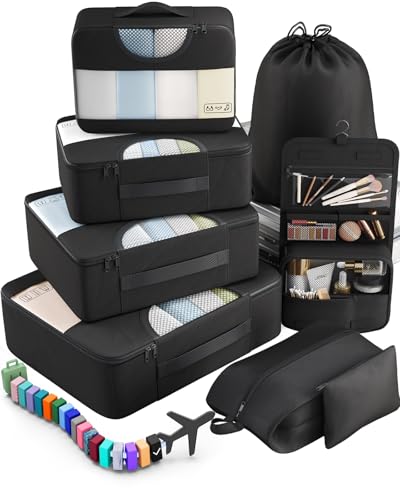In Bulgaria, they use Type C and F power plugs and outlets. The voltage is 230V, and the frequency is 50Hz.
So, you’ll need a travel adapter in Bulgaria. Their plugs and outlets are different from the Type A and B ones we use back in the States.
Quick Overview of the Plugs in Bulgaria:
- Plug type in Bulgaria: C and F
- Standard voltage: 230V
- Frequency: 50Hz
- Need a travel adapter? Yes, you do need a travel adapter
- Need a voltage converter? Some devices need it, others don’t
- Recommended plug adapter: One Beat International Power Adapter
This content is verified through local electrical regulations, international IEC standards, and practical input from travelers who’ve been there.
The Only Travel Adapter You’ll Need in Bulgaria
No one wants to deal with charging issues in Bulgaria. We don’t sell travel adapters, but we’ve found the most reliable and safe option, so you never run out of power. Here it is:
Recommended Travel Plug Adapter
by 6,500+ travelers on Amazon
Traveling or already checked in somewhere and forgot your power adapter? You can usually grab one at the airport or nearby store. Still, having your own ready to go means fewer surprises and a smoother start to your trip.
People traveling through Bulgaria often continue into Greece, Romania, and Serbia. Plug types may differ slightly.
Power Outlets in Bulgaria
In Bulgaria, they use Type C and F power plugs and outlets.
Type C

Type C outlets have two round prongs and no grounding pin. Type E and F plugs usually fit too, but grounded plugs will need an adapter.
Type F

Type F outlets have two round prongs and grounding clips on the sides. Type C and E plugs will also fit.
Do You Need a Voltage Converter?
Since Bulgaria has a different voltage than the U.S. (120V), you’ll probably need a voltage converter to keep your devices running smoothly.
Always verify the power rating label on your device before plugging it in overseas. If it lists “100-240V, 50/60 Hz”, it’s built for global use and works on both 120V and 220-240V without needing a converter. Most modern electronics, like laptops, tablets, and cameras, support this.

Which Travel Devices May Need a Converter?
Want peace of mind while traveling? These top-rated voltage converters are a safe bet.
| Device | Need Converter? | Notes |
|---|---|---|
| Phone | ❌ No (usually) | Most modern phone chargers are dual voltage (100–240V) |
| Laptop | ❌ No (usually) | Check the power brick label for 100–240V |
| Hairdryer | ✅ Yes (often) | High wattage; many models are not dual voltage |
| Electric toothbrush | ⚠️ Check voltage | Some models are 110V only |
| Camera / DSLR | ❌ No (usually) | Most chargers are dual voltage |
| Power bank | ❌ No | Charges via USB, adapter is enough |
| Electric shaver / trimmer | ⚠️ Check voltage | Older or cheaper models may not support 230V |
| Tablet / iPad | ❌ No | All models are dual voltage |
| Portable fan | ✅ Yes (sometimes) | Many models are not compatible with 230V |
| Game console | ⚠️ Check voltage | Newer consoles like PS5 and Xbox are often dual voltage — check to be sure |
| Bluetooth speaker | ❌ No (usually) | Charges via USB |
| E-reader (Kindle, etc.) | ❌ No | USB charging only, no converter needed |
Top Travel Essentials to Pack
It’s always the small, useful things that make travel better. These items might not be obvious, but they sure come in handy.
Digital Luggage Scale
Packing Cubes
Power Bank
More About Bulgaria
Bulgaria is roughly the size of Virginia with just over 7 million people, but it packs a serious punch—mountains, plains, a stretch of the Black Sea, and forested parks. From glacial lakes and UNESCO mountains to ancient Roman theaters and seaside beauty, it’s a wild mix of nature and history.
It’s cheap, too—the country’s considered one of the most budget-friendly in Europe. Think metro rides under a buck, hearty meals for a few dollars, and beer that won’t break the bank. You can spend a week here eating well, exploring freely, and not feeling like you’re draining your travel funds.
You’ll feel history at every turn: Roman ruins in Plovdiv, Ottoman mosques in Sofia, medieval fortresses scattered around the countryside. And Bulgarians? Super hospitable—eager to share coffee, stories, and maybe grandma’s recipe for banitsa or hearty stews. It’s big on culture, wild on landscapes, and gentle on your wallet.
Top places to visit in Bulgaria: Sofia, Plovdiv, Varna, and Bansko.




